A flurry of policies introduced for first reading at the Board meeting on Thursday, June 20, 2024 brought yet another wave of community backlash while stirring distrustful sentiments within the community and teachers.
Policies introduced at the June 20 board meeting, specifically a proposed change of the existing Policy 6310(P6310) regarding the Learning Commons and “classroom libraries,” and a new proposed Policy 6341(P6341) and Regulation 6341(R6341) detailing committee referral and granting the board the ultimate decision over the removal of challenged Learning Commons material, may be deepening the ravine of distrust between teachers and the district to a point where multiple teachers are considering leaving the district including Dr. Jason Becker, an English teacher who has been in the district for 21 years and attended Thursday’s board meeting. According to board Vice President Randy Cook, both Policy 6310 and 6341 have been checked by the district legal team. The change to P/R 6310 and the new P/R 6341 were both proposed by Vice President Cook.
P6310 outlines the proposed “Collection Development,” where any book including the following material would be subject to the weeding procedures described in Regulation 6310(R6310): “nudity” and “sexual content,” “alcohol and drug use,” “repeated use of profanity,” and “depictions or incitement of violence.” Under this policy, elementary school materials “shall have no profanity,” whereas secondary school materials would align with the “repeated” definition, as written in P6310: to have no more than “ten (10) or more occurrences of any combination of terms.” Vice President Cook answered as to why the change to Policy 6310 is necessary.
“Our community has voiced concerns with school libraries for some time now. Given the sensitive nature of this topic, I took time to propose revisions that I feel will alleviate most concerns and restore trust to our schools,” Vice President Cook said. “I believe the change here will protect all of the groups you mentioned [students, teachers, and librarians]. Keeping only age-appropriate materials is an expectation of all who care for children. By defining what is considered age-appropriate, teachers and librarians can know where the dividing line is.”
Any material meeting the weeding criteria, including meeting criterion 7 by violating “Collection Development” prompts as described in R6310, “will be withdrawn from the collection and discarded.” Under this policy, only such material as a “highly regarded piece of classic literature, non-fiction work, or religious doctrine” can be appealed to be kept in the district Learning Commons. However, only 20 titles can be submitted to the board for approval each month, both purchases and for appeal. This is merely 200 titles a year, whereas a librarian who attended the meeting bought 1,300 titles in a school year, or 130 titles a month. However, Vice President Cook said he is open to revising the 20 title limit.
“Francis Howell has an existing process for seeking purchase approvals from the Board, and now library books will follow that same process. If you are referring to the 20-book limit, that seemed reasonable for some of the school buildings whose purchases I looked at, but I am open to revising that to something everyone can live with,” Vice President Cook said.
Dr. Becker points out the effects of the limited selections available to students under the policy.
“Those classics represent a very limited perspective of the world, mostly written by Caucasian men. It will make those diverse voices unavailable to students,” Dr. Becker said.
Dr. Becker for his doctoral research offered his students diverse books and allowed them self-selection, and then measured their progress on a series of reading skills.
“That practice helped to narrow the achievement gap between our more vulnerable learners and our more advantaged ones. So on an emotional level, students will not see themselves reflected in the reading material that’s available to them. And on an academic level, there’s tons of evidence that suggests it will actually harm their progress as readers,” Dr. Becker said. “I very may well leave.”
Vice President Cook said he reached out to teachers to hear their opinions on the policies.
“As staff reach out to informally meet, I ask about a wide variety of subjects, including the Learning Commons, and I float several themes and ideas for feedback — some of which made it into this proposed policy revision and some did not,” Vice President Cook said.
Board President Adam Bertrand has been contacted for comment.
President Bertrand described the purpose of the various policies proposed.
“These policies will center on protecting students, clarifying committees, and advocacy. I do not intend for these policies to be inherently restrictive,” President Bertrand said in a Facebook post on June 14.
Additionally, P6341 and subsequent R6341 describe how any “resident or employee of the district” may challenge materials in the Learning Commons, including “Classroom Libraries,” which is noted as “part of the Learning Commons for the purposes of this policy.” The existing Policy 6241 and Regulation 6241 grants any “resident or employee of the district” the ability to formally challenge learning or curricula materials, including books from the “library;” however, in the proposed change of Policy 6241, the phrase, “the principles of academic freedom and the freedom to read must be defended, rather than the materials,” is deleted. The change to P/R 6241 was proposed by Vice President Cook.
R6341 explains the process and how “the decision of the Board will be final,” and challenged material “is not eligible for challenge again for a period of 24 months after the date of the decision of the Board.” Additionally, explicitly written is “the staff should be reminded that the right to object to Learning Commons resources is one granted by policies enacted by the Board.” The original R6241 mirrored this statement as well. However, senior Alana Rittgers, who was at the meeting, said her main concern is that if anyone says, ‘There’s a problem,’ the book is pulled.
“It’s that whole guilty-before-innocent stance, which I don’t necessarily like. I understand you as a parent might not want your kid reading that book. But there are parents who are okay with their kid reading that book, like why does your parental right override a different parental right? And I don’t know how there’s a solution to that. But I guess there’s a conflict of interest there,” Rittgers said. “This is our education, like this is about us and what we’re ingesting, and we really don’t have a lot of say in what they’re doing.”
One of the first steps of both the proposed P/R 6341 and the existing and proposed change of P/R 6241 is the “appointment of a Review Committee,”(6., 7., and 8. of R6341 under “Procedure…”). However, according to R6341 and the new proposed change of R6241, the four lay persons in the committee would be “selected from a list of eight people recommended to the Superintendent by the president of the Board,” whereas in the currently existing R6241, the four lay persons are volunteers from an email sent to the Parent Involvement Committees, and the committee is comprised of “two students (for high school only).” There is no mention of students being in a Review Committee in the proposed change of P/R 6241 and the proposed P/R 6341, though not explicitly ruled out either.
According to Brian Middle School English Teacher and Department Chair Raquel Babb, the first Vice President of Francis Howell Education Association(FHEA) and Negotiations Chair, if “The Outsiders,” is not accepted due to the inclusion of smoking by the protagonist, or takes too long to be accepted, curricula plans, including many fun group projects such as a costume contest and a debate and writing projects, would be completely disregarded.
“I would lose my whole entire level for the first quarter and all of the things that are connected to it. Think about all the things we did in relation to ‘The Outsiders,’ but I would not be able to do everything. And it’s a board-approved book in the curriculum,” Mrs. Babb said. “So in other situations, it’s like a book club that could pull one book, but that’s only going to affect the kids that chose that book. We already have a process for notifying parents of the books that are in our book club units, and then if their child needs to opt out of a book, we will find an alternative book, and that’s just been part of our process.”
Under the existing R6241, the timeline for challenging curricula or learning materials is 30 calendar days to “appoint, read, meet, vote and report,” Vice President Cook said. Additionally, the formal challenge “complaint form” should not be read until the first and only meeting after the challenged materials have been read, except by the committee chairperson, who is the Director of Curriculum and Assessment.
However, under the newly proposed R 6241, after the appointment of a committee, the committee would be granted 20 days, unless granted more time by the Superintendent, to initially meet and review the formal challenge before reading the challenged learning material, and then create a schedule to read the material, meet again, and vote. This proposed change differs significantly from the original R6241 granting 30 days to complete the whole process and vote. According to Vice President Cook, “the changes I have proposed allow far more time to review challenged content.” Similarly, under P/R 6341, the committee shall meet initially within 30 days to review the formal challenge and develop a schedule to read the challenged Learning Commons material, meet again, and vote.
However, the specific wording of Policy 6310 refers to any material “in the Learning Commons or elsewhere on District property,” which would include “The Outsiders,” therefore under P/R 6341, the Review Committee would be granted a timeline of 30 days to initially meet if formally challenged, but it overlaps with the proposed change to P/R 6241, and this proposed policy change would grant a tighter timeline(20 days) under the discretion of the Superintendent for the Review Committee to initially meet, but still grant more time than the existing R6241 would to come to a conclusion, therefore possibly giving a teacher less time to react should the material be “not retained,” (11. under “Procedure…”). For learning material under the proposed change to P/R 6241, the Board “shall vote to accept or reject” the recommendation by the Review Committee at the next board meeting, and likewise in the proposed R6341, “the decision of the Board will be final.”
When asked if he would be worried about how the timeframe may impact curricula about a book violating the Collection Development terms, Vice President Cook responded, “No.”
However, a vote by the Review Committee concerning challenged Learning Commons material would be able to be appealed to the Board within 45 days after the committee vote under the proposed P/R 6341.
The two board members said they are accepting feedback.
“I look for and appreciate collaboration.” President Bertrand wrote in a Facebook post about the new policies on Monday, June 14.
“I am open to, and looking forward to, feedback on all of the policies proposed,” Vice President Cook said in an email interview.
Missouri Equity Education Partnership Founder and Director Heather Fleming explained how the board doesn’t understand what it means to serve.
“They don’t have the educational curiosity to even learn more about the issues that they’re trying to make decisions around. They’re trying to limit their knowledge because in limiting their knowledge, they might end up finding that their position is wrong,” Mrs. Fleming, a parent in the district, said. “It’s not feasible for people to go through and have a review of 1,000 books. I trust our library and media specialists to make decisions about books much more than I trust Jane Puszkar or Randy Cook or any of the individuals who are trying to propose these policies.”
Donated material to the learning commons originally follows Policy 1470 and Regulation 1470. Since the donation is under $5,000, the building principal decides whether to accept it but only after the superintendent approves it. However, under the newly revised P6310, all material would have to be “approved by the Board prior to acceptance and placement in” the Learning Commons. And if the donated material violates the “Collection Development” criteria, it would also have to be added to the list to be approved by the board.
Rittgers describes how much she loves reading, and what this policy will do to something so cherished by her.
“That’s what makes me…me. I read, and that developed my curiosity, my interest. And I don’t want that taken away from other younger kids who could have the same interest as or near the same curiosity as me. And it’s like, I don’t know who I would be if I hadn’t had the opportunity for that growing up and I don’t want that for kids who are now six and seven,” Rittgers said.




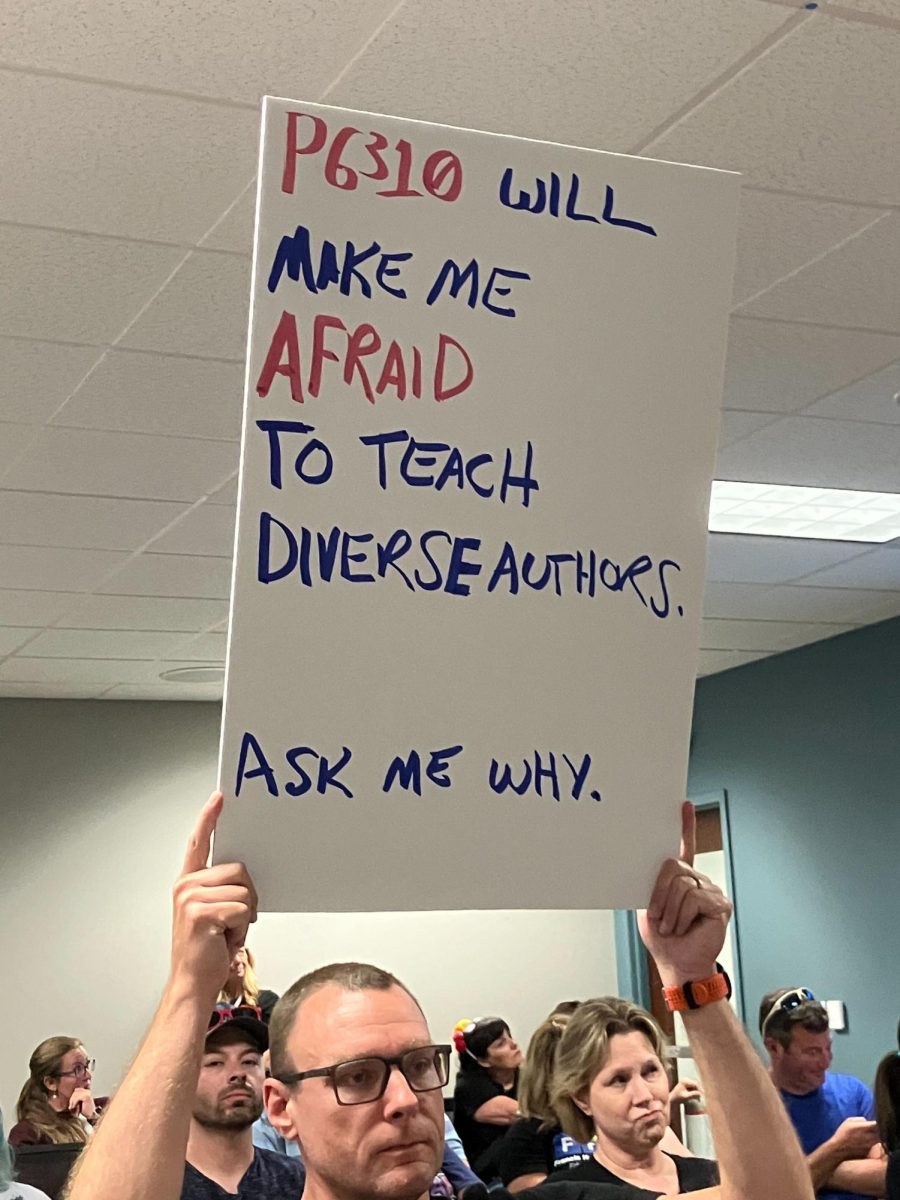
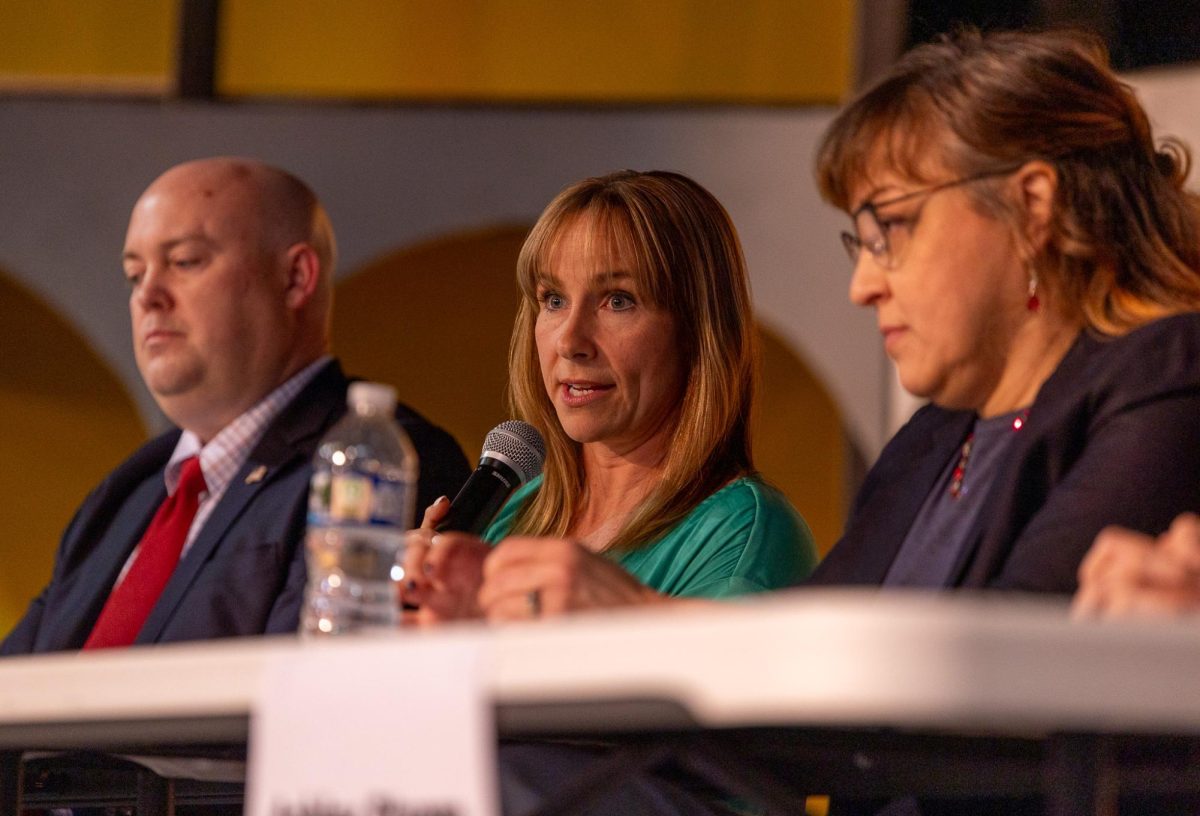

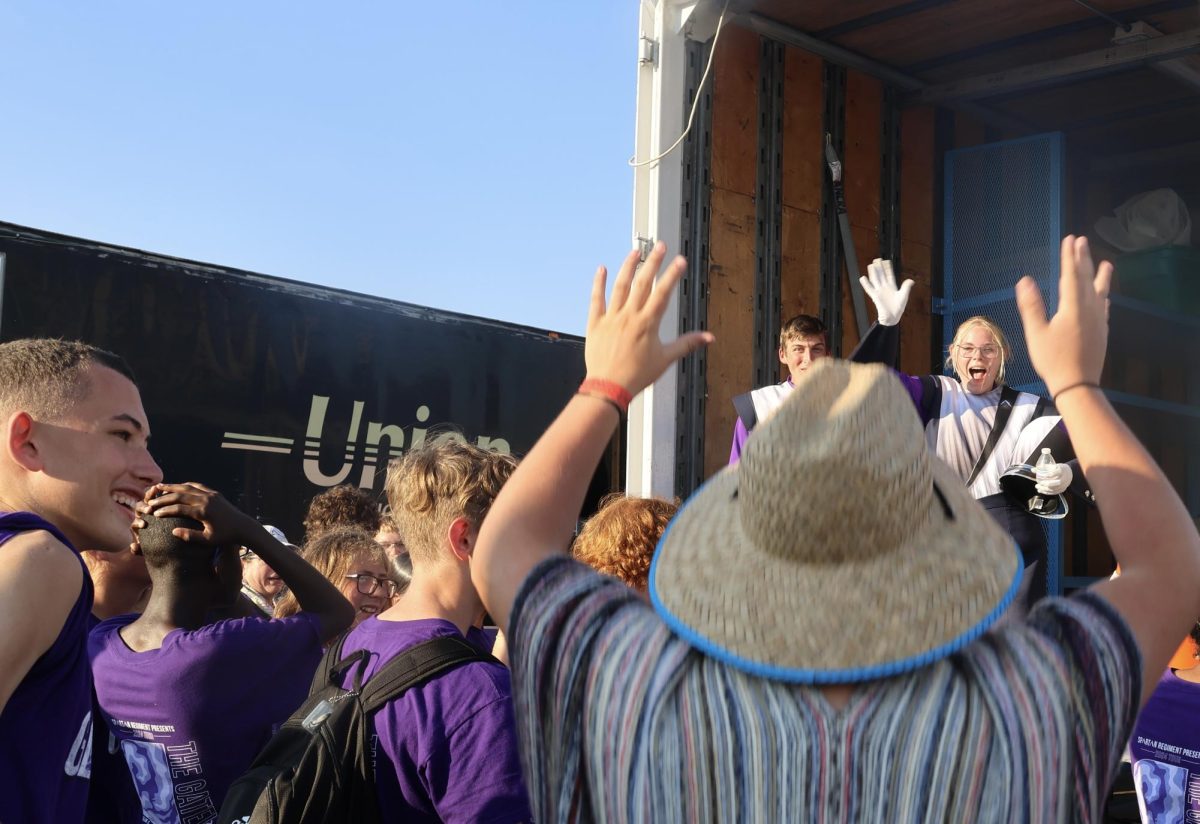
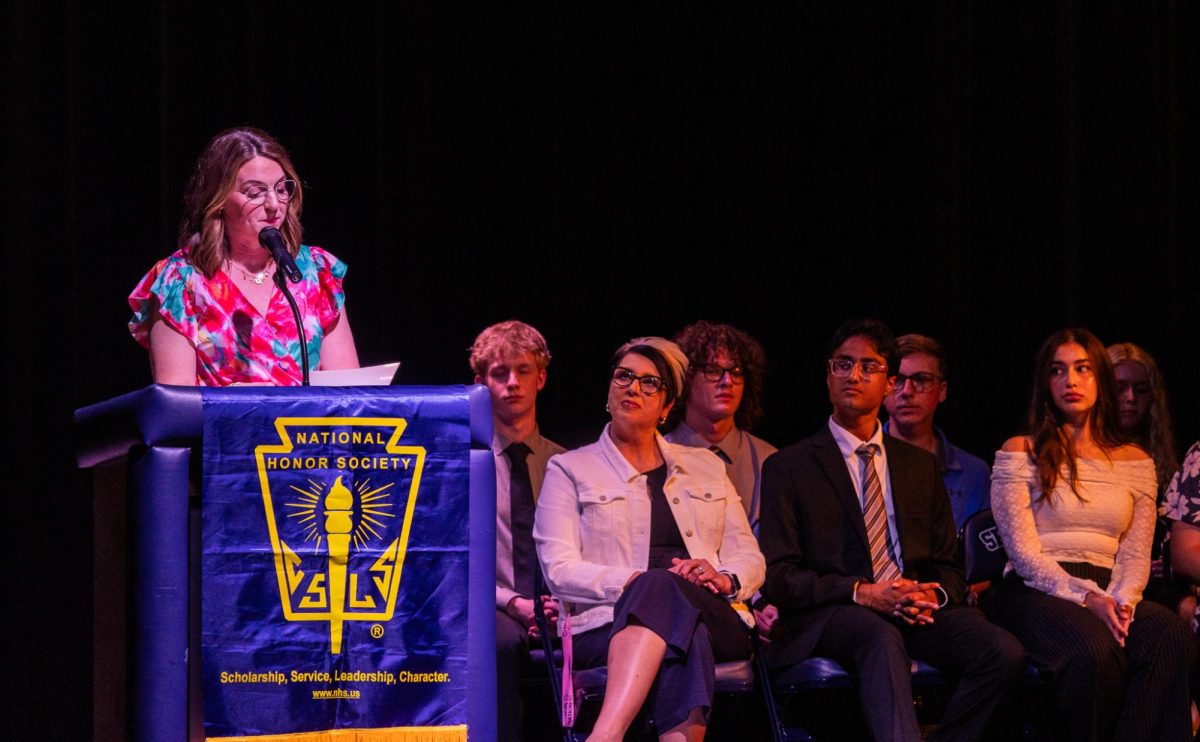
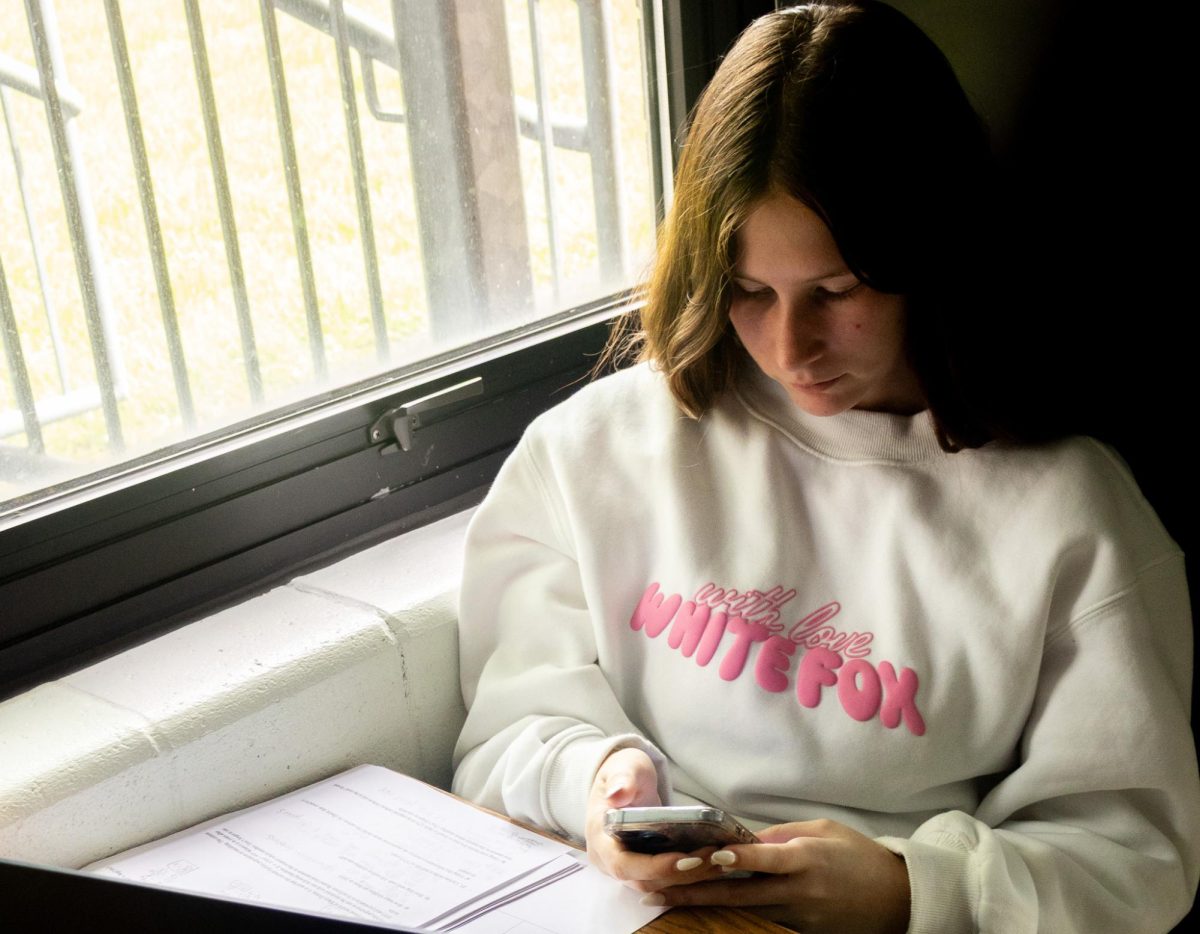
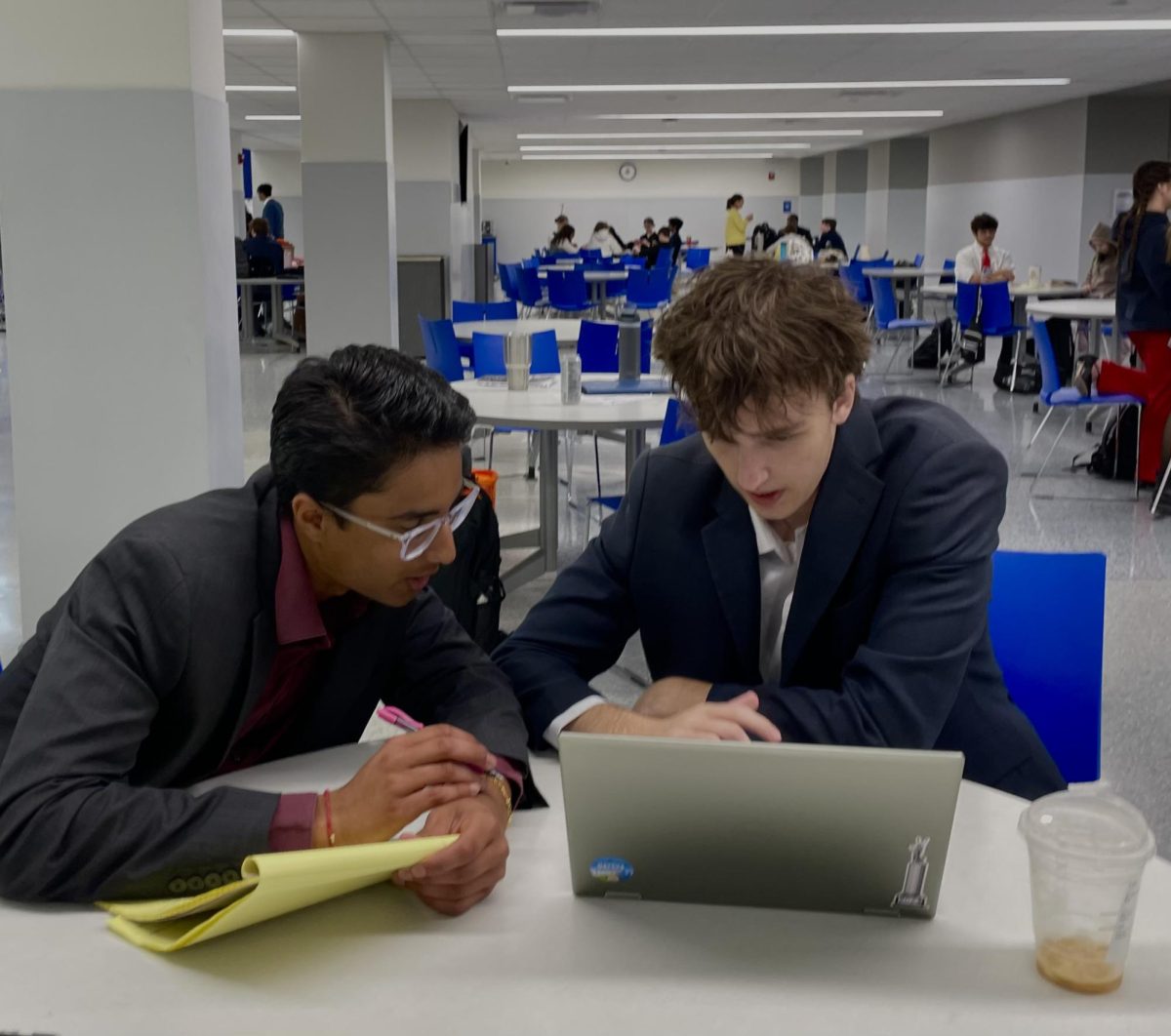
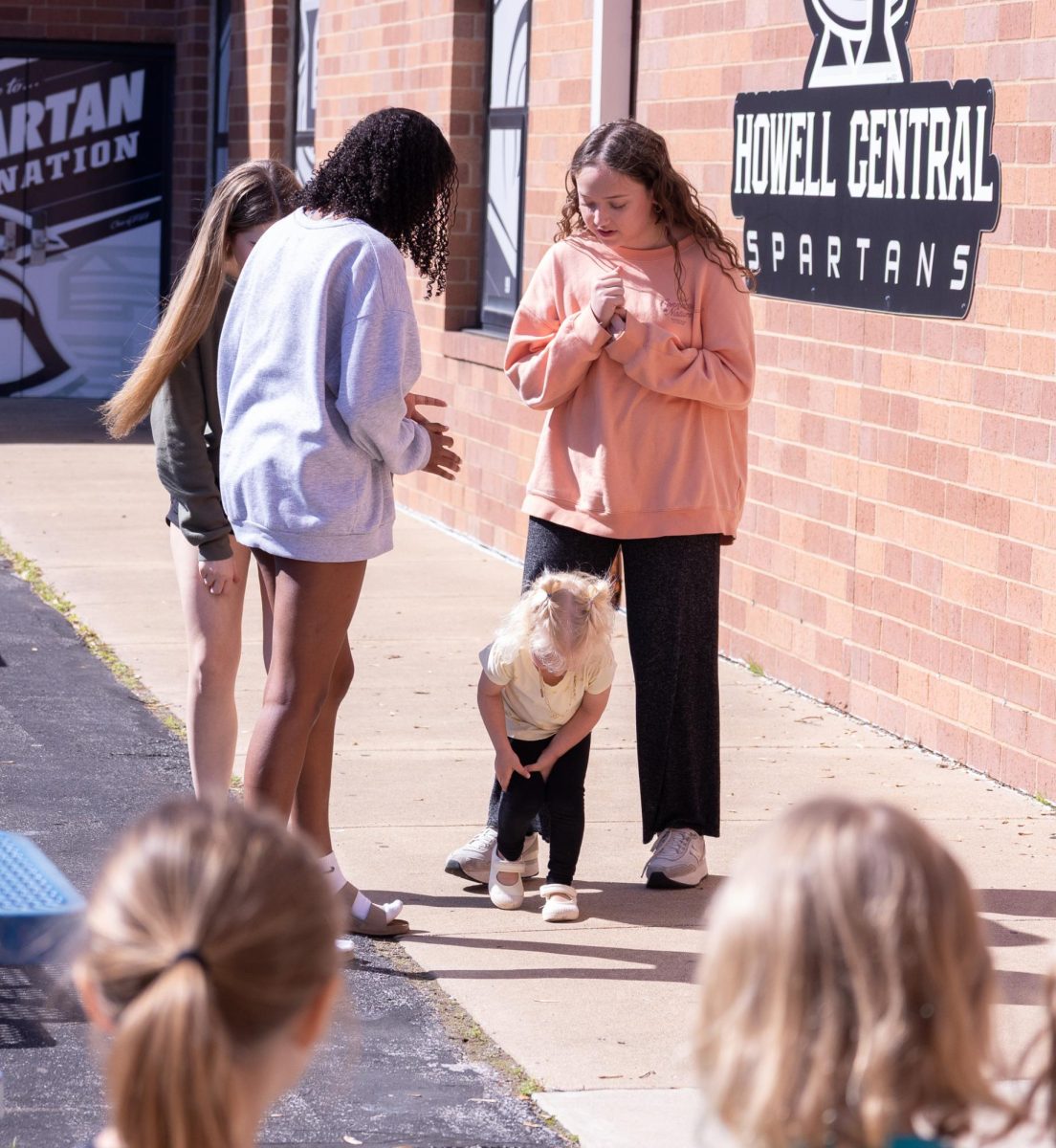

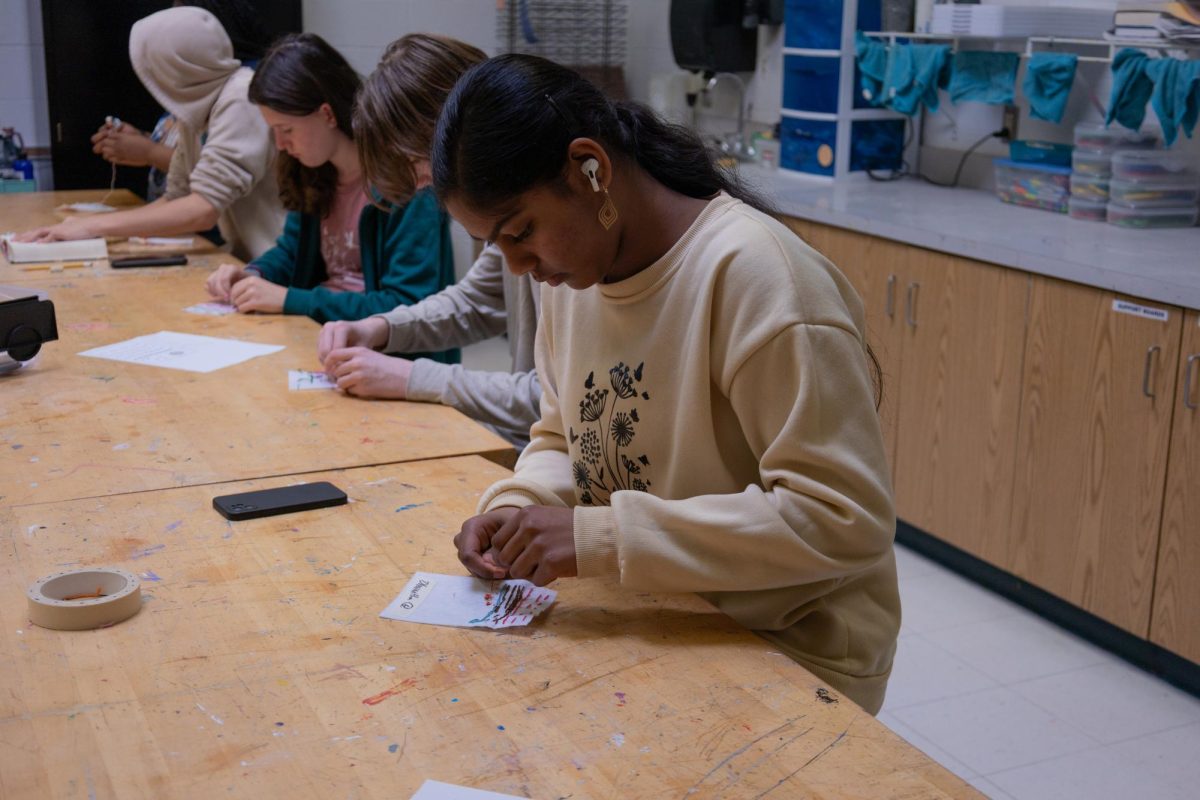
Liz • Jul 5, 2024 at 1:24 pm
So a book about the horrors of drug addiction will be banned for high school students because it mentions the use of drugs?
We are going to judge the value of a work of literature by counting curse words? Are we also going to cancel football practice if we hear too many swears in the locker room? The whole idea is ridiculous.